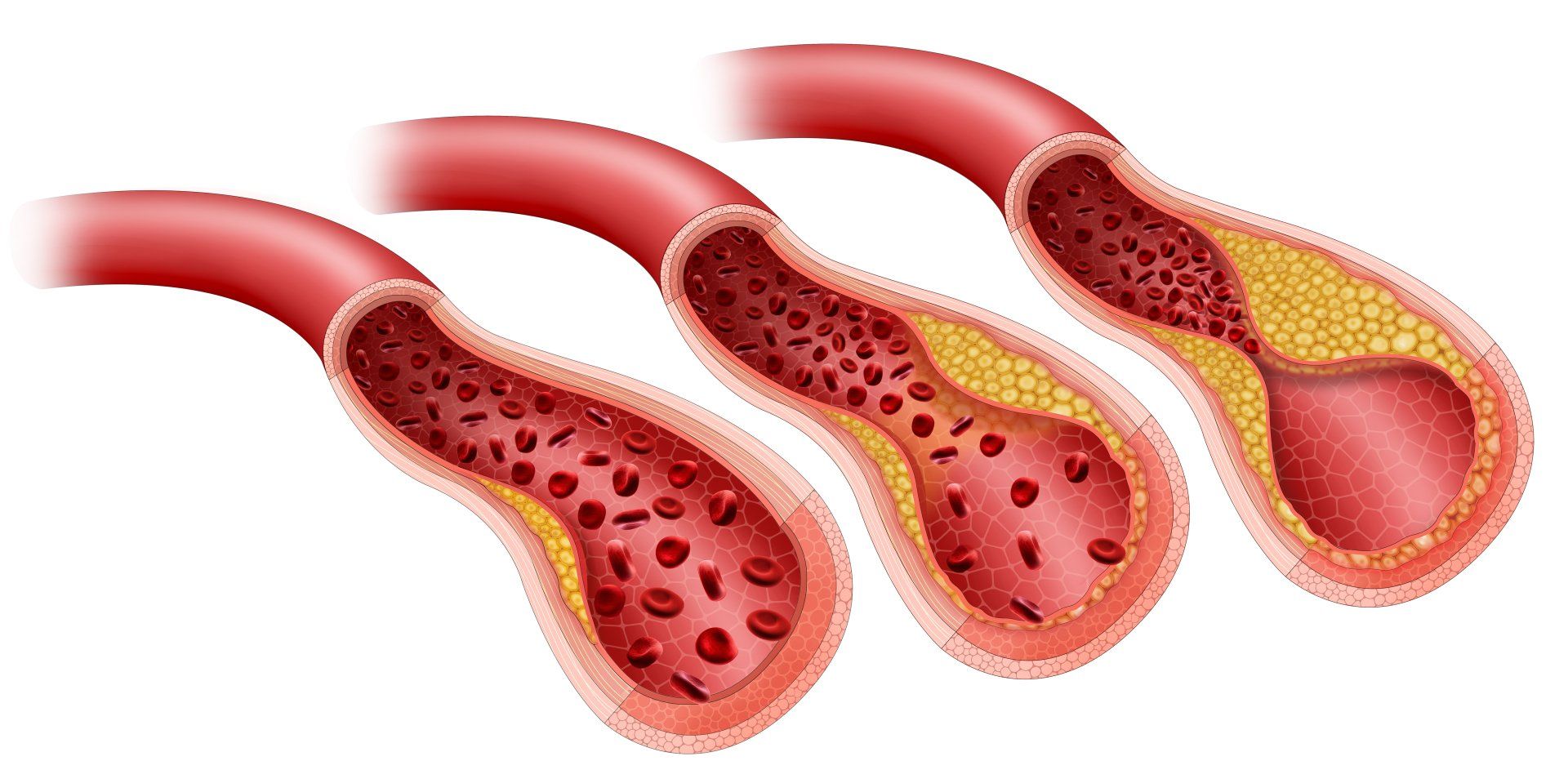Artery Problems

Paducah Vascular Institute offers our patients a safe, comfortable, and convenient place to have your procedure performed without sacrificing quality or safety.
Today, the majority of vascular procedures are performed with endovascular surgical techniques. Think stents, balloons, removing blood clots, roto rooter, and treating varicose veins.
Unfortunately, hospitals are big and confusing places. First, you have to register in one part of the hospital. Then to the lab. Next, go to the preoperative area in another part of the hospital. Then to another area to have your procedure performed. Finally, to another area to recover. You might have 15 different people caring for you for this one procedure. This is not very efficient and ripe for errors.
Dr. Sanders and his highly trained staff will guide you through your endovascular procedure from start to finish in one place. You are already stressed out about having an invasive procedure performed. Our goal is to make it as safe and convenient for you and your family.
Artery Problems We Treat
Peripheral Artery Disease
Peripheral Arterial Disease (PAD) is a disease where plaque (atherosclerosis) gradually builds up in the arteries over time leading to limited blood flow to the legs and arms. Peripheral arterial disease is a very common disease affecting 1 in 20 Americans over the age of 50.
Carotid Artery Disease
Carotid Artery Disease/Cerebrovascular disease is narrowing (almost always from plaque build-up) in the arteries leading to the brain. The plaque that builds up in your arteries consists of cholesterol, calcium, and fat. It is almost always associated with smoking and diabetes.
Aneurysms
An aneurysm occurs when the wall of an artery is weakened over your life and expands due to the blood pressure on the weakened artery wall. The larger the aneurysm becomes, the higher the risk of rupture, just like a balloon that is being blown up that eventually pops.
End Stage Renal Disease
Acute renal failure is when your kidneys suddenly fail for some reason and fail to clean and filter your blood. This is an emergency. Renal insufficiency is a problem with the kidneys filtering toxins from the blood appropriately.
Subclavian Steal Syndrome
Subclavian Steal syndrome is when blood flow is stolen from the back part of the brain (cerebellum). The subclavian artery supplies blood flow to the arms. The vertebral arteries supply blood to the back of the brain (cerebellum).
Renal Artery Stenosis
Renal artery stenosis most commonly occurs when plaque slowly builds up in the arteries that lead to the kidneys. In younger people, a condition called fibromuscular dysplasia (FMD) can cause narrowing in the kidney arteries.
Mesenteric Artery Stenosis
Mesenteric artery stenosis occurs when plaque builds up in the arteries that supply blood flow to the intestines. Thery are three of these vessels, the celiac artery, the superior mesenteric artery, and the inferior mesenteric artery.
Temporal (Giant Cell) Arteritis
Temporal arteritis is an inflammatory autoimmune disorder that causes inflammation of large blood vessels. It is uncommon, occurring in 20 in every 100,000 women over age 50. It is frequently associated with polymyalgia rheumatica.


